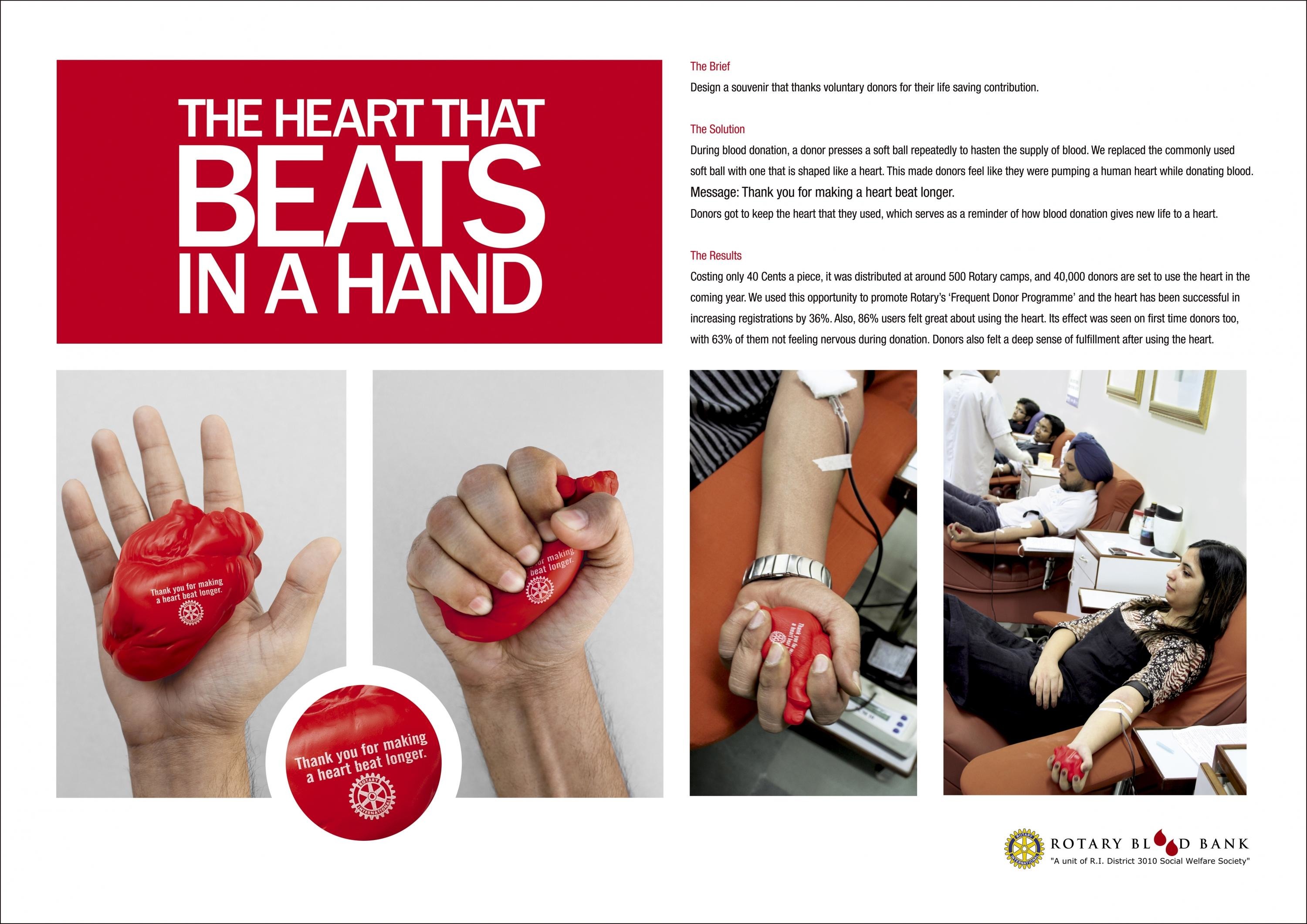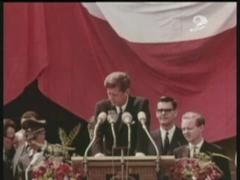Cannes Lions
Uncomfortable Truth
TAXI CANADA, Toronto / HUMAN RIGHTS FOUNDATION / 2022
Overview
Entries
Credits
Overview
Background
The Uyghur Muslims are a minority ethnic group in the northwestern region of Xinjiang, China. Currently, there are more than 1 million Uyghurs detained at forced labor camps by the Chinese government, where they produce 1 in 5 of the world’s cotton items.
Almost the entire global fashion industry is complicit, but many shoppers are either unaware of the issue or aren’t sure which brands can be trusted because complex supply chains often mask involvement.
Our brief was to raise awareness of Uyghur forced labor among shoppers, to help them identify brands supporting forced labor, and to offer ways to keep their money away from the problem.
Idea
In June, Yeezy X Gap put up posters around NYC showing nothing more than a blue jacket and a QR code. It sold out in hours. We acted fast to turn the attention into eyes on the problem – that virtually the entire fashion industry has been found to have ties to the forced labor of Uyghur Muslims in Chinese concentration camps.
Within days, we put up new posters in the same locations that mimicked the style – replacing the blue jacket with a blue prison jumpsuit (the exact same kind worn by Uyghurs in captivity). When Yeezy fans scrambled to scan our QR code, their smartphones took them to a landing page where they learned about the problem and were able to install a plug-in that alerted them whenever they were shopping with an implicated brand.
Strategy
Due to efforts by the Chinese government and multiple brands to hide the existence of Uyghur forced labor in fashion supply chains, shoppers were unaware that their wardrobe might be part of the problem.
Our strategy was to find moments where we could reach fashion fans at the point of purchase and encourage them to divert their money away from problematic brands. This meant generating a long-term solution to the problem as well as reactive opportunities where we could respond to brands in real-time and generate attention.
We identified our audience as fast fashion consumers – unaware that their preferred brands were complicit. These shoppers used both mobile and desktop ecommerce sites, and were usually first in line to get their hands on the latest, most wanted pieces. We used their shopping habits and following of trends to influence our creative approach and reach them wherever they were at.
Execution
In just a few days, we worked with a street team in NYC who had access to the same areas as the Yeezy ads, and coordinated a hyper-targeted approach to placing our posters.
The posters acted as a means to get attention, but our mobile landing page was a key part of the user journey. By making a QR code the only way to interact with the posters, smartphones unlocked a greater opportunity for us to intercept people on the path to purchase. The mobile site drove shoppers to learn more about Uyghur forced labor, and change the way they shop online.
Outcome
Yeezy fans were desperate to get their hands on the next item, and we saw a 631% spike in visits to our campaign website thanks to people scanning our QR code.
Not only did we manage to reach an audience of eager fashion fans, educate them on the issue, and convince them to shop more consciously with our Chrome extension, we also saw an impact on the brand-side.
As a result of the campaign, three of the world’s major fashion brands engaged the Human Rights Foundation to discuss what they could do to address the issue. One major retailer (see confidential information section) committed to take the necessary steps to remove Uyghur forced labor from their supply chains for good.
Similar Campaigns
9 items


